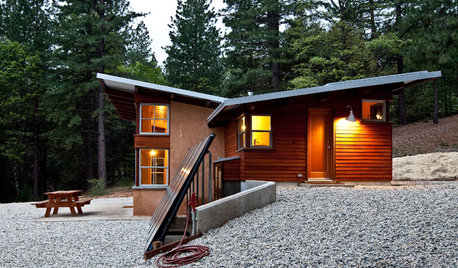How long should a water heater last?
diyourselfer
16 years ago
Featured Answer
Sort by:Oldest
Comments (13)
hendricus
16 years agodan_martyn
16 years agoRelated Professionals
Milford Plumbers · Bay Shore Kitchen & Bathroom Remodelers · Allouez Kitchen & Bathroom Remodelers · Beverly Hills Kitchen & Bathroom Remodelers · Camarillo Kitchen & Bathroom Remodelers · Cocoa Beach Kitchen & Bathroom Remodelers · Deerfield Beach Kitchen & Bathroom Remodelers · Gardner Kitchen & Bathroom Remodelers · Hoffman Estates Kitchen & Bathroom Remodelers · Honolulu Kitchen & Bathroom Remodelers · Linton Hall Kitchen & Bathroom Remodelers · Vista Kitchen & Bathroom Remodelers · Waukegan Kitchen & Bathroom Remodelers · Fairmont Kitchen & Bathroom Remodelers · North Chicago Kitchen & Bathroom Remodelersdiyourselfer
16 years agoasolo
16 years agojane_d
16 years agofunnycide
16 years agoopajohn
11 years agoloafer80
11 years agolazypup
11 years agoadvice_michelle
9 years agoMike Powers
8 years agolast modified: 8 years agojrb451
8 years ago
Related Stories

GREAT HOME PROJECTSHow to Switch to a Tankless Water Heater
New project for a new year: Swap your conventional heater for an energy-saving model — and don’t be fooled by misinformation
Full Story
HOUSEPLANTSMeet a Long-Lasting Houseplant With a Forgiving Heart
Low light and little watering won't scar Zee Zee plant for life; this East Africa native has a tolerant nature and an exotic beauty
Full Story
DIY PROJECTSMake a Beautiful and Long-Lasting Driftwood Centerpiece
Add succulents to found wood for an easy arrangement that looks straight from a designer florist's shelf
Full Story
KIDS’ SPACES9 Pro Tips to Create a Long-Lasting Kids’ Room
Hear what professional designers have to say about turning your nursery into a kids’ room that will last through the preteen years
Full Story
ROOFSThis Long-Lasting Roofing Material Works With Many Styles
With their durability and wide range of colors and molded shapes, concrete roof tiles are worth a look
Full Story
CHRISTMASMake a Long-Lasting Eucalyptus Holiday Wreath
Greens full of fragrance will keep your front door in the Christmas spirit for weeks
Full Story
GREAT HOME PROJECTSHow to Add a Solar Water Heater
Lower energy bills without a major renovation by putting the sun to work heating your home’s water
Full Story
HOLIDAYSMake a Showstopping Fall Centerpiece That Lasts
With flowers that will dry beautifully, succulents and wood circles, this organic arrangement will wow guests all season long
Full Story
GARDENING GUIDESHow to Design a Garden That Lasts
Climates are changing. Wildlife is evolving. Can your garden keep up?
Full Story
EDIBLE GARDENS8 Last-Minute Additions to a Summer Edible Garden
It’s not too late to get these vegetables and herbs planted for a bountiful harvest this year
Full StoryMore Discussions







Mike Powers